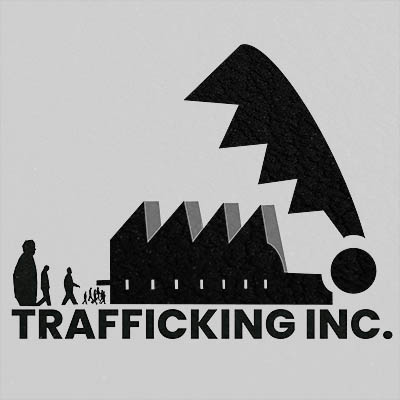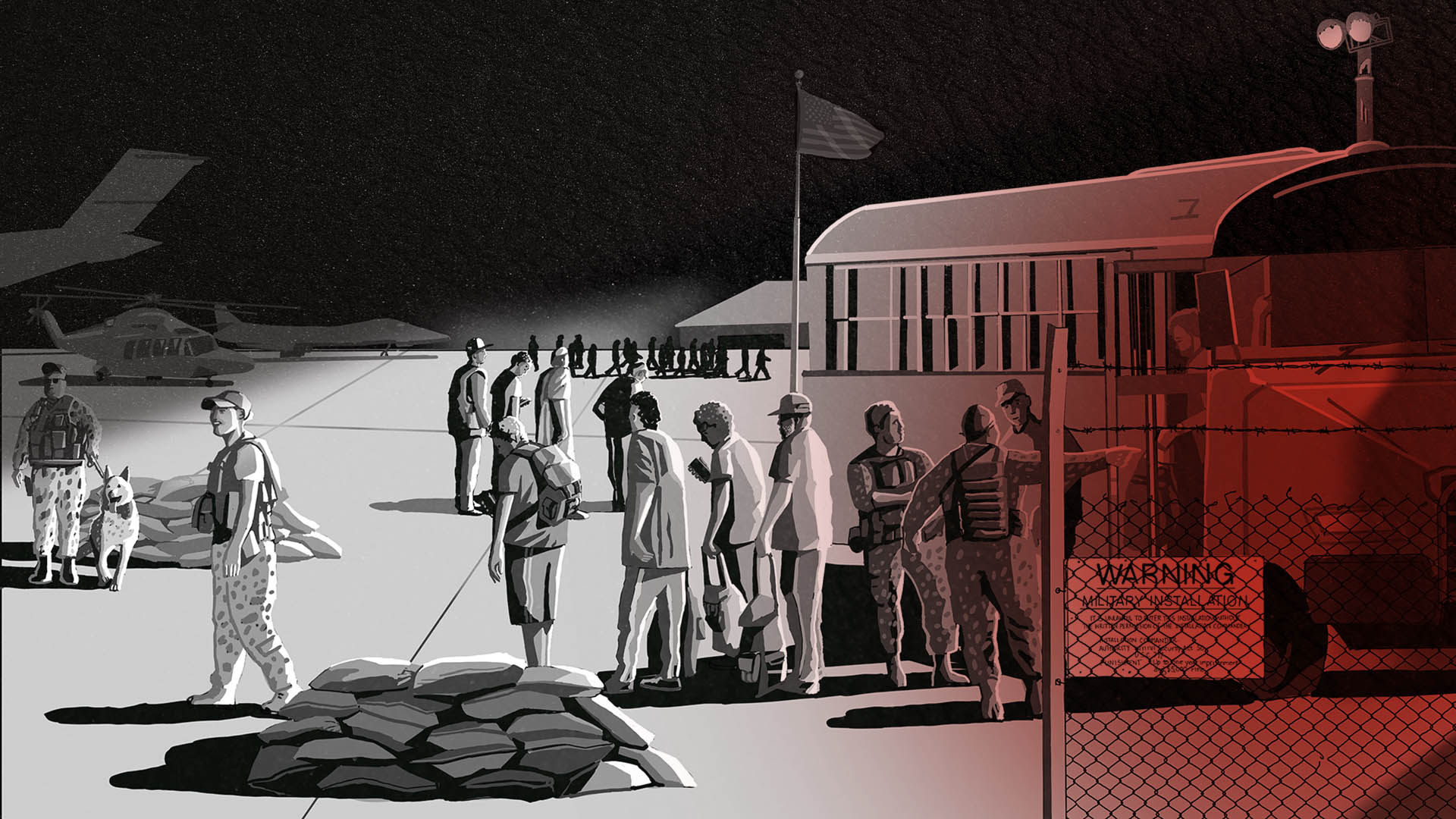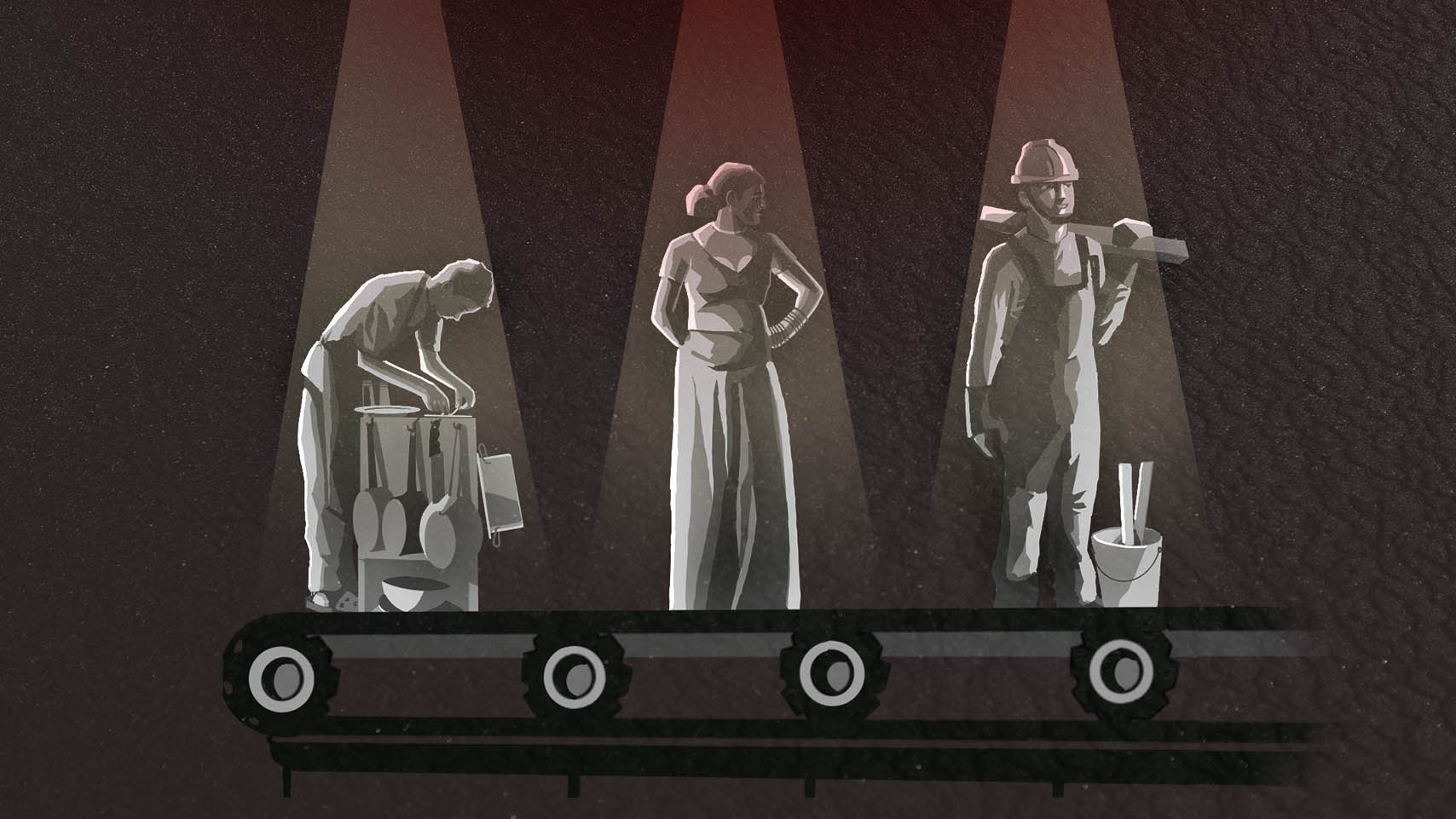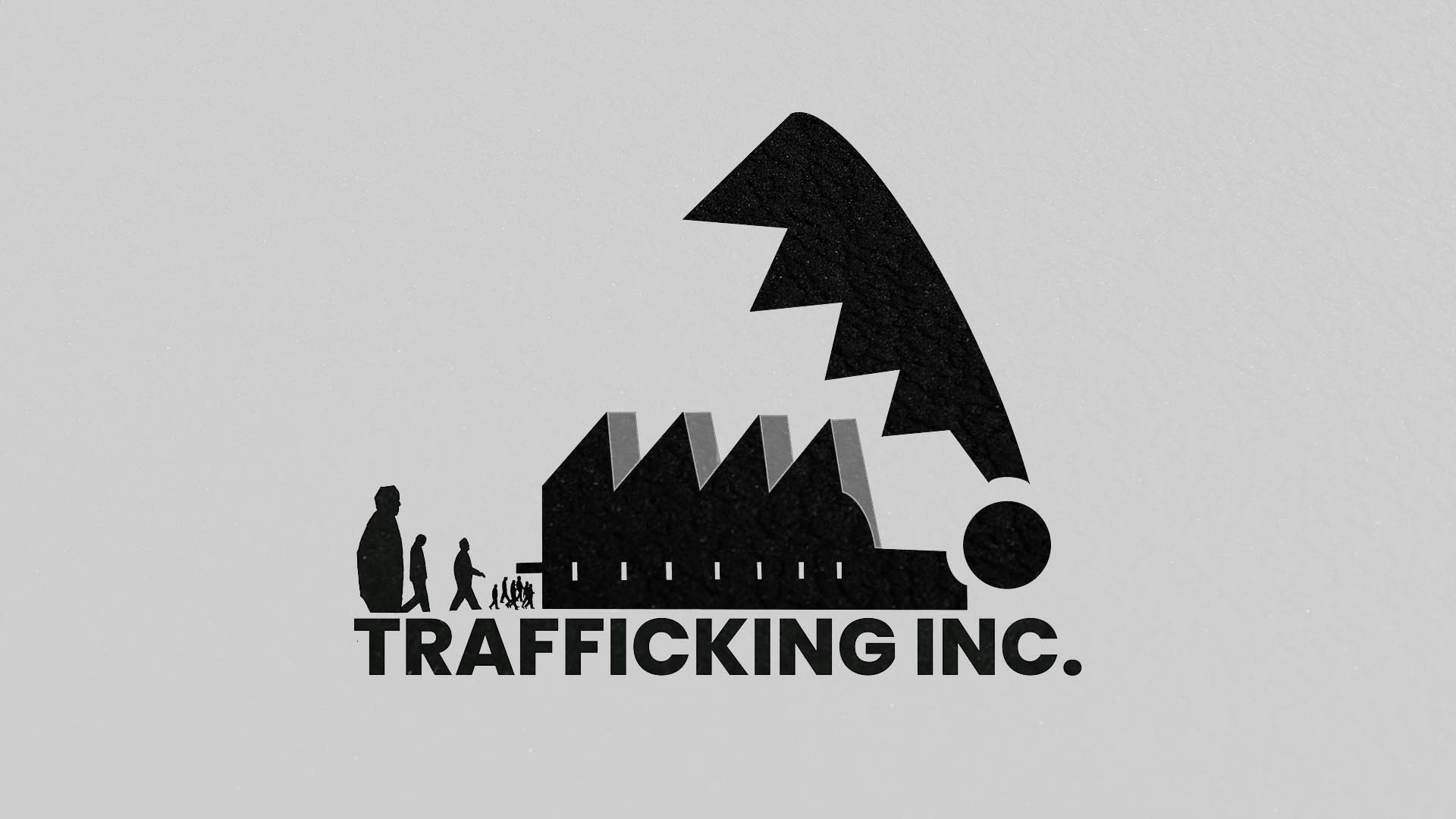PARTNER STORIES
Human trafficking perpetrators in Massachusetts ‘almost never held accountable’
Victims of human trafficking are hiding in plain sight in the state, according to an investigation by GBH News.
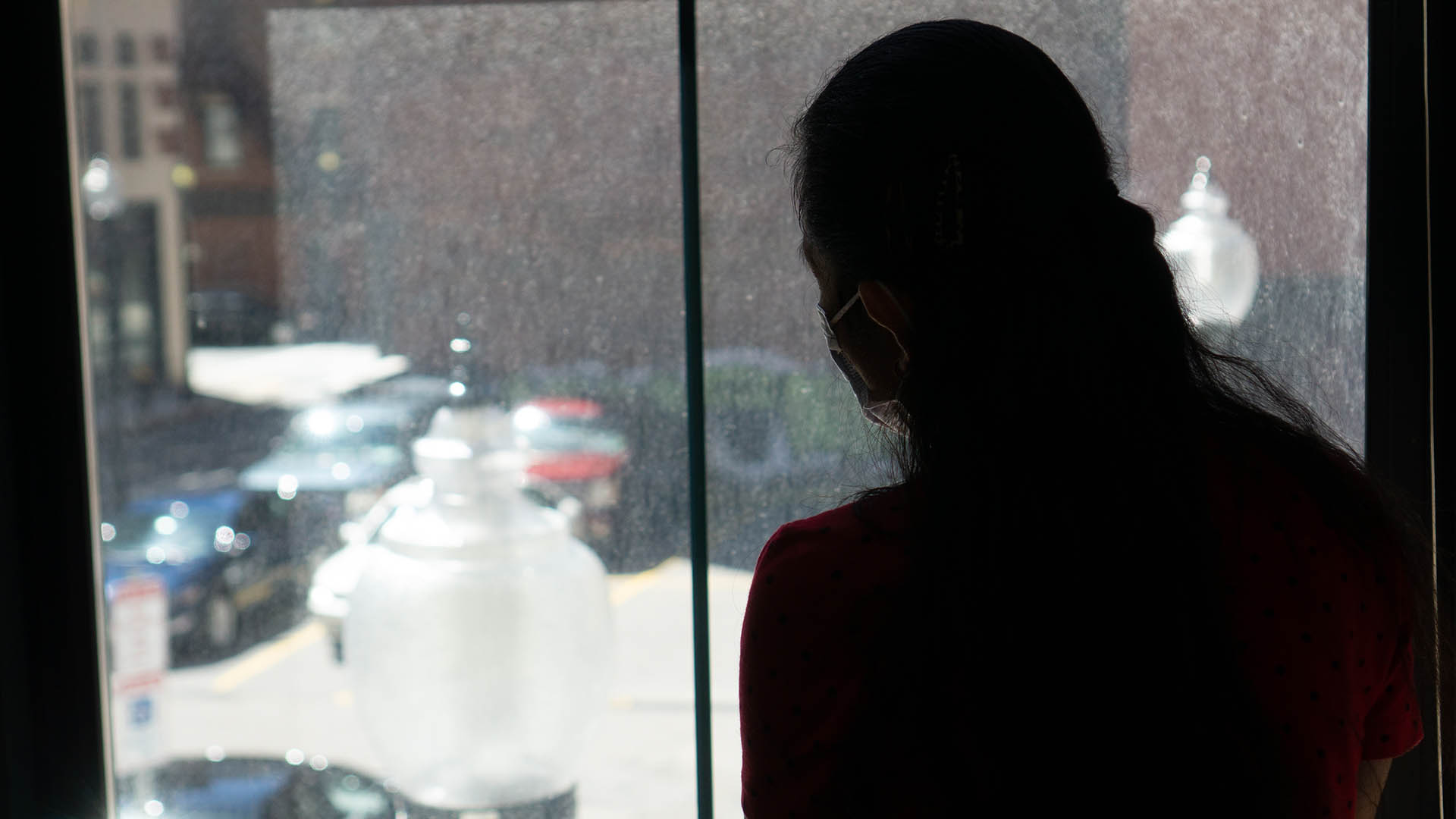
The state of Massachusetts is yet to make a single forced labor conviction since a human trafficking law was passed, despite more than 180 allegations reported — and likely many more unreported — since 2016, according to a GBH News investigation as part of Trafficking Inc.
Government officials and advocates told GBH News that victims of human trafficking are hiding in plain sight in the state, working in construction, hotels, restaurants and as domestic workers in private homes and offices.
“Most people have interacted with someone who is being trafficked and don’t realize it,” said Caddie Nath-Folsom, who works with the Justice Center of Southeast Massachusetts. “Think of it more as someone who is being forced to work in terrible conditions, usually dangerous conditions, for unfair or no pay. And they can’t leave.”
GBH News spoke with six women who say they were trafficked when they came to the United States, employed in part to assist patients seeking medical treatment in the Boston area. Three of them told GBH News they regularly walked the halls of Children’s Hospital hoping for help, but felt invisible — forbidden to talk to strangers by their employers, and unsure of their legal rights. Stories like theirs are prompting an increasing number of advocates to say the healthcare industry should be part of the solution.
One woman, Melba, from the Philippines, told GBH News that she was working more than 100 hours a week as a maid and nanny and was regularly taking the child she cared for to Boston Children’s Hospital. But nobody noticed or asked about Melba’s own suffering.
Read the full story at GBH News.
GBH also highlighted shortcomings in a form of immigration relief for sex or labor trafficking in the United States called a T-visa.
